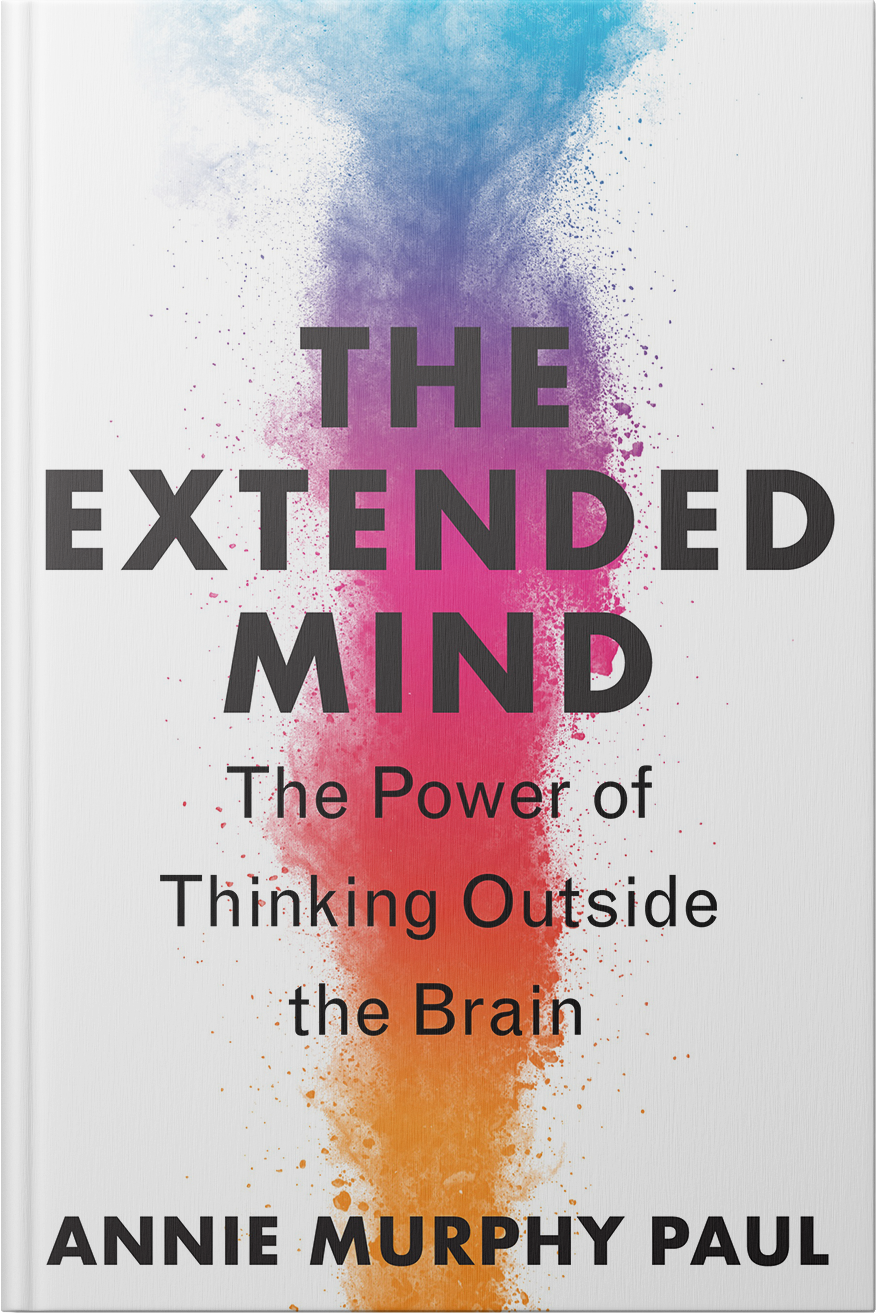It’s often been noted that search engines and other technological tools act as a kind of “external memory”— they “remember” facts so that we don’t have to. But, write a group of UCLA researchers in a recent paper, “some cognitive costs may arise from our reliance on such external memories.”
In particular, the frictionless nature of posing a question and having it immediately answered by Google can mean that the information we have sought and received is never thoroughly integrated into our (biological) memory.
The very ease of getting an instant answer from Google works against the process of memory consolidation, which benefits from what psychologists call “desirable difficulty”—that is, some amount of mental exertion or challenge.
But it’s possible to deliberately add some desirable difficulty back into the process—by trying to call up the answer in our own minds before we bring up search results on our screens.
In the UCLA study, participants were asked to complete a task related to computer programming; their understanding of programming-related concepts was then assessed.
Those who were told to attempt the task before consulting Google outperformed participants who were allowed to search Google right away. (Interestingly, those who began the study with some programming expertise benefited more from the think-first, Google-second condition.)
The researchers offer three reasons why the think-first protocol is advantageous:
1) When we think about a question for which we don’t yet have the answer, our curiosity is increased, leading to enhanced attention, elaboration, and organization of the new information.
2) Trying to answer the question in advance may equip us to carry out a more accurate “metacognitive” evaluation of what we know and don’t yet know, thereby making our encoding of the subsequently-presented information more efficient.
3) Even if we can’t answer the question, thinking about it activates related facts and ideas that we do possess. The new piece of information, when it is encountered, is then integrated more effectively into the knowledge structures that already exist in our minds.
Taking just a moment to search our own memories before searching Google’s is an easy way to boost our subsequent recall of that information.
As the UCLA researchers conclude: “The present results are encouraging and offer perhaps a new and effective way for making instruction more effective in the digital age.”
Here’s the paper:
“Answer First or Google First? Using the Internet in ways that Enhance, not Impair, One’s Subsequent Retention of Needed Information”
Saskia Giebl, Stefany Mena, Benjamin C. Storm, Elizabeth Ligon Bjork, and Robert A. Bjork, in Psychology Teaching & Learning
